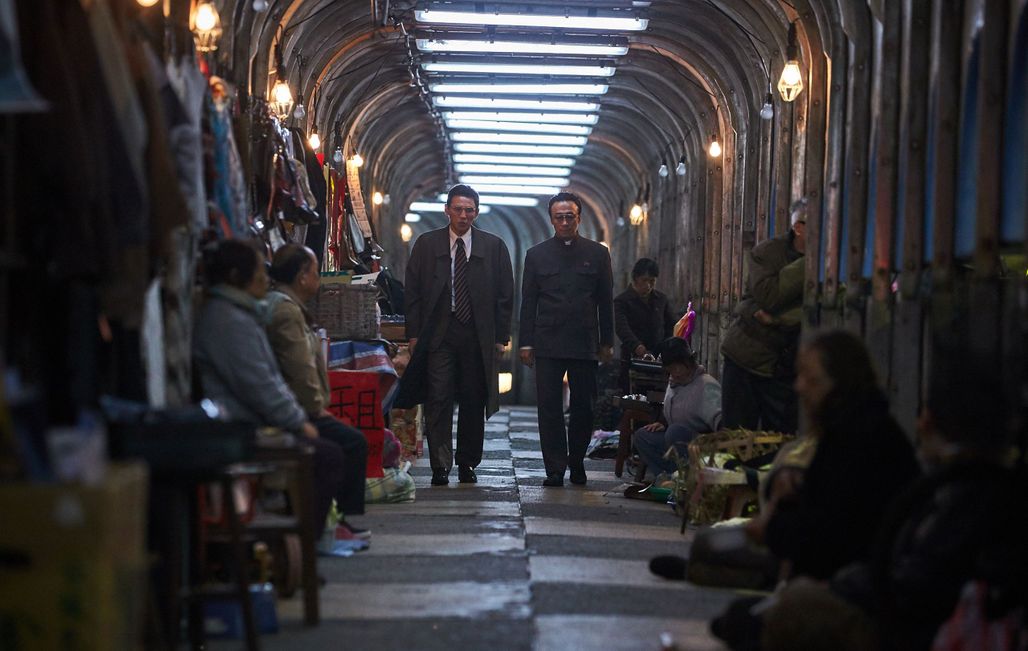
Yoon Jong-bin and “Black Venus”: Cold War in the land of morning calm

In 2006, the young South Korean director Yoon Jong-bin presented The Unforgiven in Un Certain Regard, keen to reveal the brutality of his country's military environment. Screened as a Midnight Screening, Gongjak (The Spy Gone North) – his fifth feature film – this time focuses on the fate of "Black Venus" (Hwang Jung-min), a former officer hired by South Korea's secret service in the 1990s to infiltrate North Korea.
Seoul, 1993: Park Suk-young agrees to work as a spy for the South Korean secret service. He is to collect information on the nuclear programme and become "Black Venus", winning the trust of the Party in North Korea, against all the odds.
This true story is the common thread that runs through Yoon Jong-bin's latest film, which seeks inexorably to explore the nuances of Korean society. From the tensions that run through this country arbitrarily sliced in two in 1953 – "the only place on Earth where the Cold War is alive and well" (on 27 April, the two Koreas nevertheless signed an historic peace treaty) – to the absurdity of a peninsula that shares the same people but has two rival nations, Gongjak uses suspense to tackle the issues raised by this split. The tale of "Black Venus", whose exploits were a landmark in South Korean espionage, is handled with realism by a director fond of the question posed by the author of spy novels John Le Carré: "For decades, we viewed one another as enemies and clashed. But to what end?".
In commenting on his colleagues on set, Cho Jin-woong – who plays Choi Hak-seong, the director of South Korea's secret service (the NIS) – reflected: "If I had to describe the acting of Hwang Jung-min, Lee Sung-min and Ju Ji-hoon, I would speak of their power, and acting of incredible depth".


